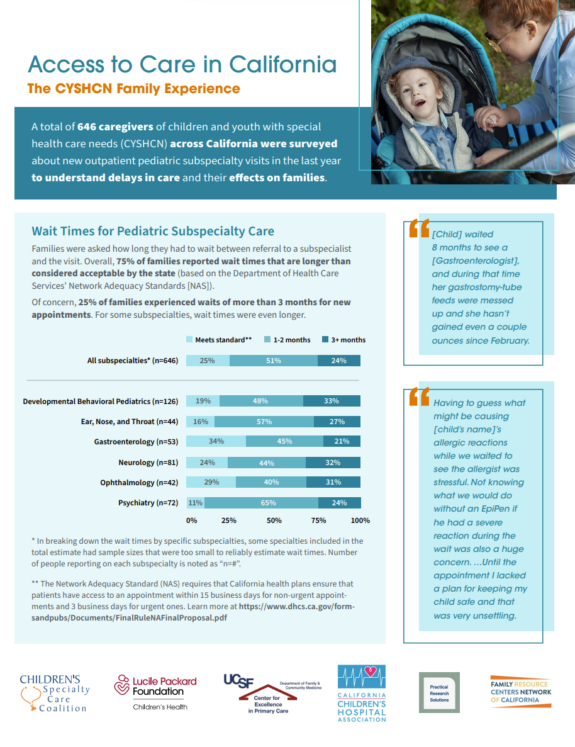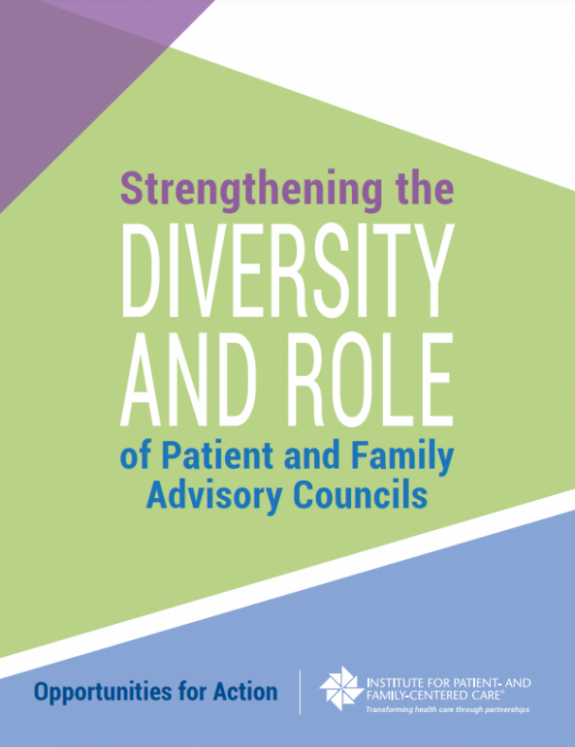Karen Fessel, whose son has Asperger’s, is known throughout California for her passionate advocacy to get insurers to pay for the care that families need for their children on the autism spectrum.
The Autism Health Insurance Project she founded and directs helps families navigate the insurance bureaucracy and advocates for regulatory and legislative change. Now, Fessel hopes to branch out to serve children with other special health care needs.
Fessel holds a doctorate in public health and has worked on research and policy projects for Permanente Medical Group, the California Department of Public Health and the University of California-San Francisco.
In this Q&A, Fessel talks about how she got involved in advocacy and the future of her work.
Q: How did the Autism Health Insurance Project get started?
A. I have a child, who is 19, on the spectrum. I had worked in the Kaiser Permanente system and was aware of the Mental Health Parity Act. I assumed I’d be able to get treatment for him – speech and occupational therapy, not even applied behavioral therapy. I was shocked at how difficult it was. Where most people would have turned to their school district first, I turned to my health care system. If it was hard for me, with a doctorate in public health, I realized there was a huge need for this project.
Q. What are the most pressing problems you’re seeing right now for families?
A. We’re still seeing denials based on medical necessity. Insurers are still trying to say, “your child hasn’t progressed enough, so we’re not going to renew this treatment.” It’s mostly ABA (applied behavioral analysis) treatments.
Also, some Medi-Cal plans will refer families to school districts for speech therapy. The law says that Medi-Cal has to pay for it. We’ve been fighting them through the Department of Managed Health Care.
Q. What are families of children with special health care needs actively working on with the California Legislature right now?
A. There was a hearing in March on the effect of SB 946, the state ABA mandate, on coverage for families. Many expressed continued need to extend this mandate to families on Medi-Cal. Families are also supporting SB 1176 sponsored by Assemblymember Darrell Steinberg (D-Sacramento), which would require insurers to track families’ copayments and let them know when they’ve reached their out-of-pocket maximum.
That’s important for parents who have Medi-Cal as secondary insurance, which is common among regional center clients. If the treating provider is in the network of both the primary and secondary plans, then Medi-Cal will often pick up the co-payment. When Medi-Cal is secondary and the copayments are not tracked, the state will end up picking up some of the payments that private insurance should be covering. Consumers and the state will benefit!
Q. Hundreds of thousands of children covered by California’s SCHIP program, Healthy Families, have been transitioned to Medi-Cal managed care insurance. That transition made it difficult for some families to access behavioral therapies for their children. What have you learned about the transition?
A. We should have been on it earlier and been more vocal earlier. There have been so many times where, at the 11th hour, services have been salvaged. The information from the Department of Health Care Services was misleading; they said no one was going to lose services. We believed them. The lesson is to be vigilant from the start.
Q: Are there lessons learned by ASD (Autism Spectrum Disorder) families that all families of CSHCN should understand?
A: Absolutely. There’s a lot that’s translatable to all conditions, and we want to serve more families of children with other conditions, including mental health and other disabilities.
* Read your explanation of benefits statements closely. These are the statements from your insurer that tell what you’re paying for. They often have mistakes in them, and those mistakes most always benefit the insurer, not the family.
* If your insurer doesn’t respond on the phone, write a grievance letter. It lets them know that you know your rights, and that you’re watching them and will follow up. It takes time, but it’s worth it financially, because it forces them to be accountable. If they are in the wrong, you can recoup money that you’ve spent.
* Don’t take no for an answer. We haven’t and we’ve had a lot of success. We will go to the legislators and they’ve been really helpful. We’ll go to the regulators. Don’t be afraid to ask why a service or treatment isn’t covered. Our advice is to stand up and fight for services that are important and that your children need.



